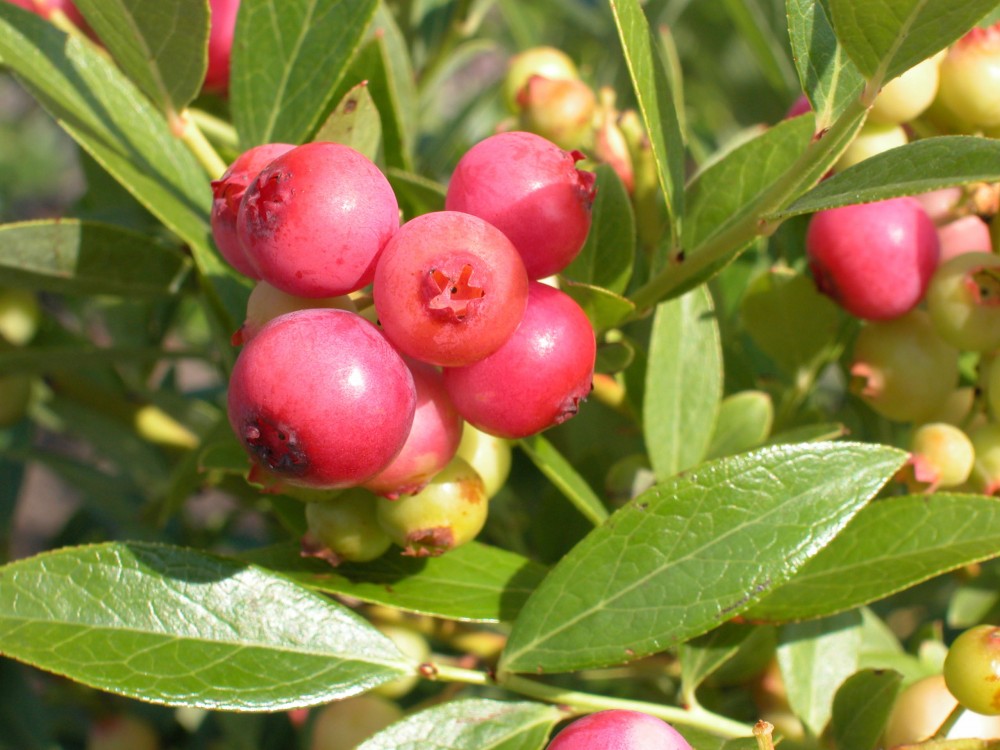Tag: biotechnology
Leaders in nutrition, biotechnology, farming and ranching will assemble to discuss...
CHESTERFIELD, Mo. -- Americans continue to have questions about how food is grown and raised. In response, the U.S. Farmers & Ranchers Alliance, which...
Using photosynthesis to produce ethylene offers intriguing alternative
GOLDEN, Colo. -- Scientists at the U.S. Department of Energy's National Renewable Energy Laboratory have demonstrated a better way to use photosynthesis to produce...
Research finds food that fights cancer in humans
Recent food-based research has discovered fruits and vegetables contain natural cancer-fighting capabilities when consumed appropriately.
New blueberry varieties are a hit
WASHINGTON -- That interesting shrub growing in a neighbor's front yard may actually be exactly what you think it is -- a somewhat unusual...
Aquaponics garden being developed at Penn State
Aquaponics is an integrated fish-culture and plant-propagation system that relies on a symbiotic relationship between fish and plants. Fish, such as tilapia — grown for human consumption — are cultured in tanks.
New biotech foods have direct consumer benefit
The U.S. Department of Agriculture’s Animal and Plant Health Inspection Service announcedthat it is now accepting comments on Okanagan Specialty Fruits Arctic® Apples.
Shorthorn make the grade — and yield — in recent on-farm...
OMAHA, Neb. -- Shorthorn genetics defied the odds on the grid recently; two purebred heifers graded USDA Prime, Yield Grade 1. Two others on...
Morning Dew Orchards: A blend of new technology and old...
Doug Woolf has expanded the farm’s crops, and now Morning Dew Orchards produces 33 varieties of apples, many of which commercial orchards don’t grow anymore.
Energy-dense biofuel from cellulose close to being economical
A new Purdue University-developed process for creating biofuels has shown potential to be cost-effective for production scale, opening the door for moving beyond the laboratory setting.
Changes to Ohio’s definition of “agriculture” could benefit bio-energy
Bio-energy from anaerobic digesters could be “agriculture in nature” if at least 50 percent of feedstock used to produce the fuel came from the same property.












